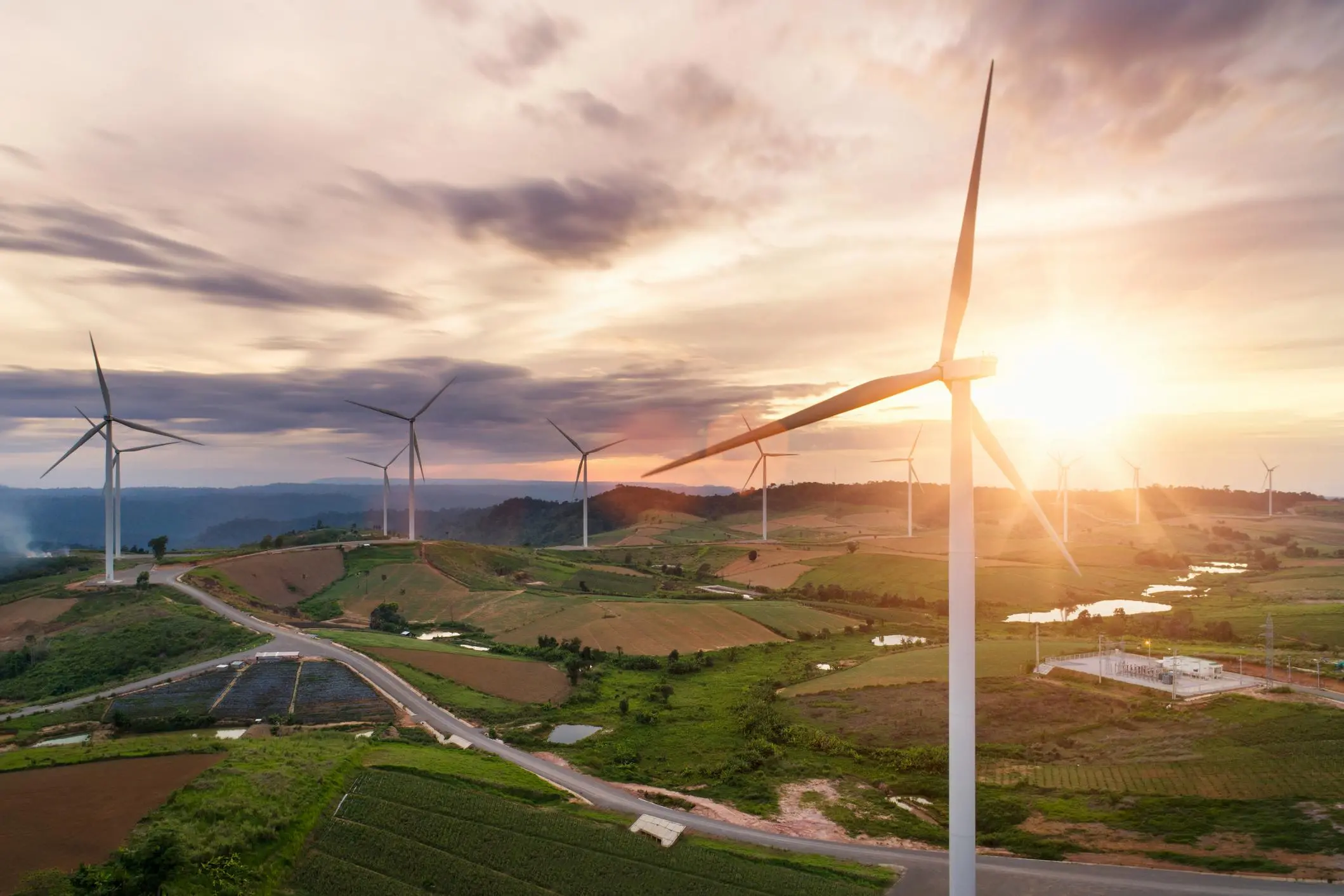PHOTO
The region's first biogas project is set to go online in the next years in Dubai at a cost of Dh50 million, producing 1.3MW of electricity and 1.4MW of thermal energy while reducing 80 per cent odour.
Launched by dairy firm Al Rawabi, this is the first project of its kind in the GCC to be built in partnership with Germany's ME-LE Biogas.
Dr Thani bin Ahmed Al Zeyoudi, UAE Minister of Climate Change and Environment, said it is a pioneering initiative in the whole region.
"We have been seeing this technology [in other parts of the world] but now the UAE private sector has brought this here to tackle the issue of climate change. This will cut odour and emission as well as reduce complaints from the community that is closer to farms," he added.
This project will also help meet the government's target of generating seven per cent renewable energy by 2020 and 50 per cent by 2050, Dr Al Zeyoudi said, adding that "the engagement and participation of the private sector is very important to achieve the target".
Al Rawabi also signed an agreement with Emirates Development Bank to finance the whole project.
Dr Ahmed Eltigani, CEO of Al Rawabi Dairy, said the plant will also produce high-quality organic fertiliser, which has high demand in the UAE, especially in Dubai.
"This is a desert area and people go for landscaping so it requires good-quality fertiliser."
On launching an initial public offering, he said the company had completed due diligence but held it back due to market conditions.
He said the company will go public once the market improves.
Dr Eltigani said sales are down a little bit, but not for all products. "Dairy product sales are okay but juices are regarded as a luxury so their sales are slightly down."
Dr Eltigani, who is also chairman of the UAE Dairy Association, said some dairy companies have sought to increase milk prices but the government has turned down their requests.
"Being chairman of the dairy association, I have been asked by different companies to talk to the government to increase prices. We had a couple of discussions but the government is not in favour of increasing the price because milk is consumed by the majority of society. So increasing the price will put more burden on consumers, that's why we are trying to improve our efficiency and reduce cost rather than increasing the price," he said.
Dr Eltigani said the government is also not in favour of a no-subsidy scheme for dairy companies.
"Neighbouring countries have reduced subsidies and their companies are panicking as they are not used to go for production without subsidies. It is a disadvantage; if firms depend on subsidies, then they panic when the government withdraws subsidies."
Copyright © 2019 Khaleej Times. All Rights Reserved. Provided by SyndiGate Media Inc. (Syndigate.info).





















